We constantly see patients that struggle with seasonal allergies. You know the story- these individuals feel energized by the weather shifting to warmer temperatures in the spring. That feeling only lasts a few days until the seasonal allergies set in- sneezing, sinus congestion, watery eyes, itchy skin. Many individuals turn to antihistamines, steroid inhalers, nasal sprays, and leukotriene inhibitors. While theses interventions may cause temporary relief, their ability to help with symptom relief often wanes overtime, not to mention the extensive damage that long term use of steroids and antibiotics can cause. Fortunately, there is much to be considered and tweaked from a functional perspective to provide relief for those who suffer from mild to severe seasonal allergies.
Focus on Nutrition
Seasonal allergies can be exacerbated by certain foods including gluten and dairy. Foods like sugar, processed food, and food additives are considered pro-inflammatory and add fuel to the fire of histamine reactions. At a minimum, these foods should be avoided. We recommend an elimination diet like the one found in Dr. Ashley’s book, Restorative Kitchen to help you identify what foods trigger these symptoms in you.
While eliminating certain trigger foods is an essential piece in combating seasonal allergies, focusing on the right foods is also important. Seek a variety of colorful organic fruits and vegetables that will be full of antioxidants and anti-inflammatory compounds. Choose wild-caught, grass-fed, and pasture raised animals as they provide valuable nutrition without adding to inflammation.
Some people are sensitive to foods containing high levels of histamine. This happens when the body has more histamine than it can process at one time likely due to leaky gut, gut dysbiosis, and/or insufficient enzyme levels.
High histamine foods include
Alcoholic beverages including wine, beer, champagne, and liquor
Cured meats such as bacon, sausage, salami, and ham
Dairy products including milk, cheese, yogurt, sour cream, and kefir
Lactofermented foods such as sauerkraut, kimchi, and kombucha
Fermented grains such as sourdough bread
Eggplant
Spinach
Tomatoes
Green tea
Vinegar
Fish sauce
Leftovers
Eliminating these foods for a period of time may help to alleviate seasonal allergies and help you identify potential antigen triggers for your body.
Focus on Gut Repair
With any symptom or disease that is associated with the immune system, a hyperpermeable intestinal barrier or “leaky gut” is involved. When the gut is leaky, undigested protein molecules can enter the bloodstream. Overtime, this elicits an immune response, an inflammatory cascade, and unwanted symptoms. This is where seasonal allergy symptoms can come from. Unfortunately, when the gut stays leaky, this inflammatory cascade and allergy symptoms become a vicious cycle. An elimination diet as mentioned above will help remove inflammation from the gut.
Adding in prebiotics, probiotics, digestive support such as enzymes or HCl, and gut healing nutrients such as L-glutamine can go a long way in helping to restore the gut barrier.
Focus on Microbes
Microbes are intimately related to allergies and overall health for that matter. In fact, every mucosal surface of the body including the gut, lungs, and nasal passages, is colonized by a group of microbes. One of the functions of this colonization is to help the immune system distinguish between harmless threats such as allergens or dietary proteins and true dangers that the body comes in contact with. As a whole, our culture’s diet and lifestyle does not foster a thriving microbial environment within the body. While there are many factors that impact the microbiome (most of these bullet points in some way impacts these valuable microbes), it is important to supplement with probiotics, consume fermented foods and eat fermentable fibers.
Focus on Hydration
We recommend drinking half your body weight in ounces a day of filtered water. Staying adequately hydrated is an important piece in reducing a histamine response.
Focus on Stress Management
Stress can drive allergy flares. It is important to consider what helps you manage your stress response. We recommend exercise, deep breathing, prayer/meditation, and taking a media fast for certain hours or days of the week to help manage stress.
Focus on Sleep Hygiene
Optimal sleep is foundational for gut health and the overall health of the body. Aim for 8-10 hours of quality sleep each night when working on healing the gut and avoiding an allergy flare.
Focus on Supplementation
Proper supplementation is important when supporting a proper immune response to antigens (allergens). Each and every patient we see is unique- unique microbiome, unique triggers, unique genetics. All of the various aspects that make up an individuals health must be taken into consideration when getting to the root cause of why they are suffering from allergies. This means supplements will change based on the individual and what we find in functional lab testing. That being said, there are numerous nutrients and herbs that can help with seasonal allergies. Check out our blog post with information about supplements that help many of our patients who suffer from seasonal allergies.
Functional Lab Testing
It is important to note that a full functional medicine examination and consultation are needed to identify what the root cause(s) of your seasonal allergies might be. We utilize state of the art functional lab testing such as comprehensive blood work, stool testing, SIBO testing, food sensitivity testing and more for those suffering from seasonal allergies.


